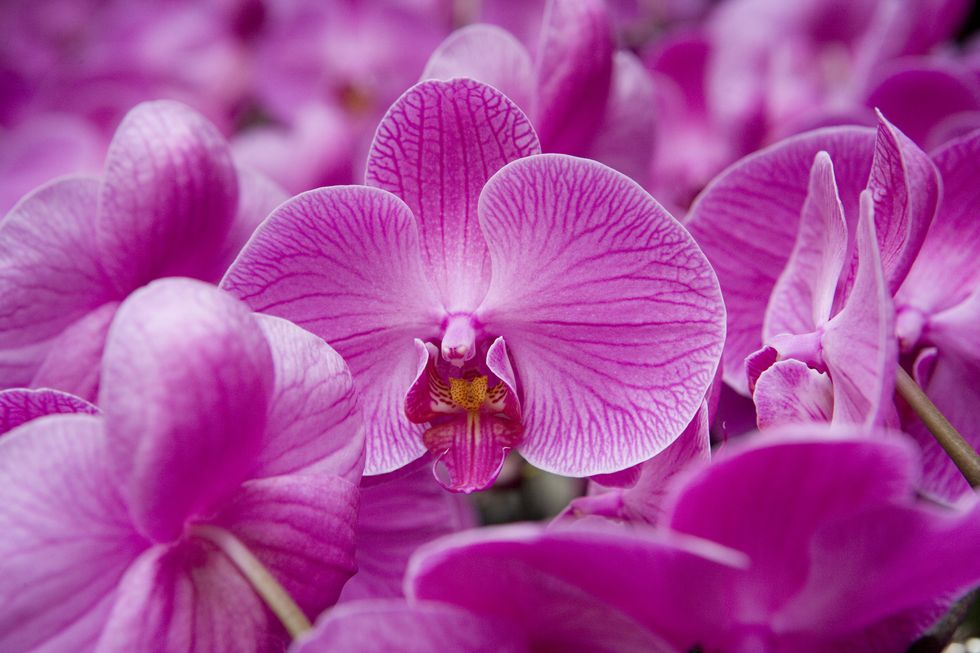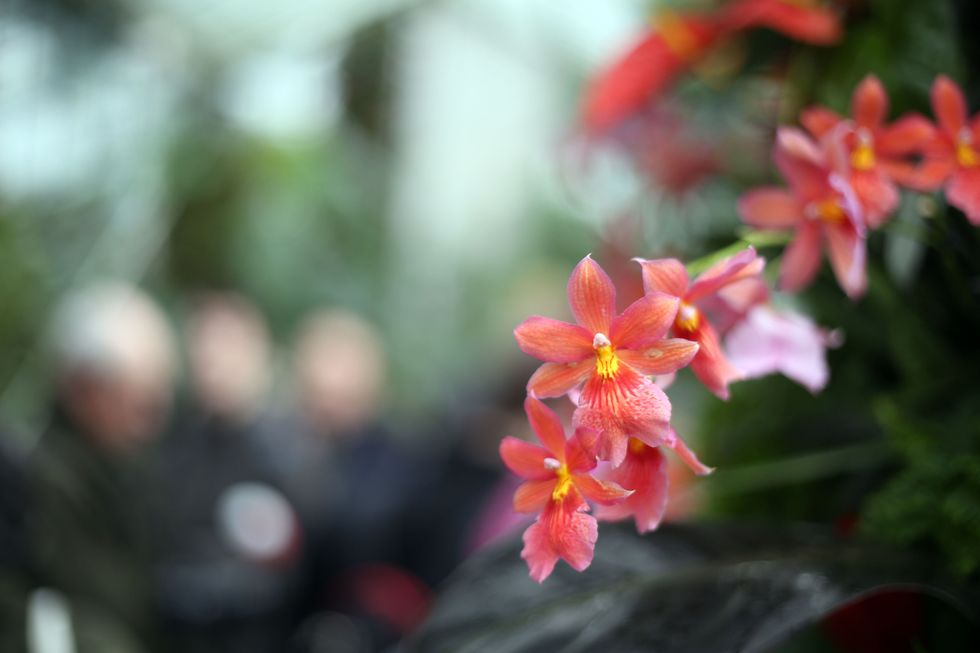Orchids: The best place to put the houseplants to facilitate flowering and 'coax them into bloom'

Ocrhids can be coaxed into bloom with the right lighting conditions
Don't Miss
Most Read
Orchids were traditionally regarded as rare and exotic flowers because they are so challenging to grow.
Thanks to the latest advancements in breeding, however, the flower can be bought from local supermarkets at a very reasonable price.
A plant that is already in bloom when purchased should adapt to its environment in its new home, where it will set its own bloom cycle.
Certain lighting conditions are more conducive than others for coaxing an orchid into bloom, however.

Some varieties of orchids reblooms multiple times in the year
| GETTYLike most houseplants, orchids prefer bright lighting but do not like to sit in direct sun.
It has also been noted that increasing light levels will also facilitate the flowering of orchids if the plant is placed farther from a window, preferably within an East or West Exposure.
Experts at the Royal Horticultural Society said: “Some orchids are difficult to coax into bloom more than once, especially if you’re growing them in the house.
“But there’s one easy trick that helps enormously: make sure the temperature at night is lower than the day temperature.”
They also require regular watering and misting with rainwater or boiled water rather than tap water.
Another tip for ensuring your orchids bloom several times in the year involves choosing the right type.
“Moth orchids, Phalaenopsis, are easier and come in a vast array of colours and patterns,” says the RHS.
“But be careful when you’re dead-heading; never cut the tip of the flowering shoot off if it’s still green as you’ll be cutting off buds.”
Phalaenopsis is also one of the longest-blooming varieties, producing flowers that last from two to six months before dropping.
They have been known to bloom between two to three times per year once they reach mature size.
LATEST DEVELOPMENTS:

Orchids are more likely to flower in the correct lighting
|PA
Why are your orchid leaves drooping?
Drooping is often taken as a sign of dehydration but it also results from overwatering.
This causes the plant's root rot and prevents stems from passing on much-needed liquid to the leaves.
If flowers around the lower section of the plant start displaying signs of fading, their removal could encourage new growth.
If cared for correctly, some orchids can survive up to 15 years, and bloom every few months.










